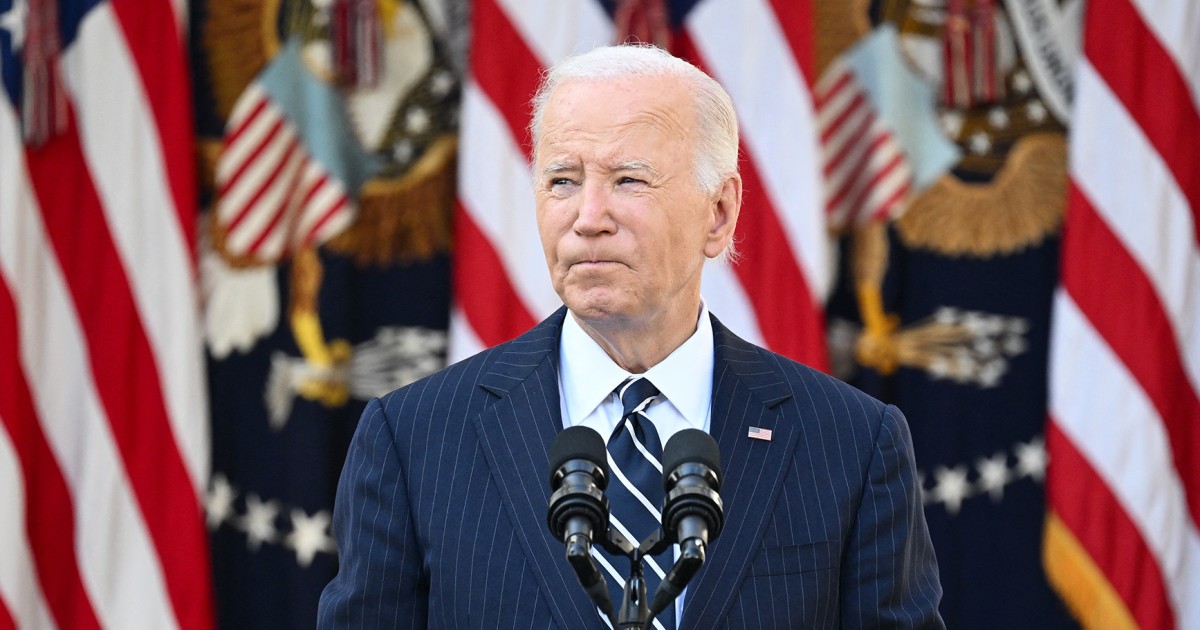Summary
President Joe Biden’s economic achievements—lowering inflation, reducing gas prices, creating jobs, and boosting manufacturing—are largely unrecognized by the public, despite his successes.
His tenure saw landmark legislation like the Inflation Reduction Act, CHIPS Act, and major infrastructure investments.
However, Biden’s approval ratings remain low, attributed to inflation backlash, weak communication, and a media landscape prone to misinformation.
Democrats face a “propaganda problem” rather than a policy failure, with many voters likely to credit incoming President Trump for Biden’s accomplishments due to partisan messaging and social media dynamics.



There is a big difference between inflation and the inflation rate. The inflation rate was officially 9%, but considering groceries went up by 30%, and housing went up by 30% and other things went up 30% or 40%. Most people would say that that 9% was a lie. As I said, that 9% official rate was the rate of change of inflation, not inflation itself. The rate of change has definitely dropped, but that does not mean that the inflation that resulted from those high numbers went away as it never did and never will.
The way I understand it is:
Prices are like position. Inflation is like speed, which is rate of change of position. The rate of change of inflation would be like acceleration, which is the rate of change of speed. I don’t know if there is a term for rate of change of inflation.
Anyway, I think you might be confused about the terminology, but we’re agreeing on other concepts. The inflated prices are here to stay. If prices generally fell (deflation), we would have other economic issues.
A slow deflation would not be a big issue. It’s rapid deflation that causes major problems. Inflation itself is actually a tax on the poor because people who actually are wise with their money and attempt to save it see it losing its purchasing power over time and therefore have to take more risk than they otherwise would with it in order to just keep up a standard of living. People closer to the inflation spicot, such as government workers and companies run by billionaires, get the benefits of the dollars before the rest of us do, and therefore can use them at their full purchasing power while the rest of us get diluted. Sure, you may decide you don’t really need that flat screen TV if your money is gaining purchasing power at like 0.5% per year because it would be cheaper next year than it is right now. But you are still going to buy toilet paper and spaghetti and other types of food unless you want to starve to death, which I don’t think most people do.
I’m not an economist, but your point on slow deflation seems to make sense. I wonder what deflation to prepandemic prices would do to the economy if it occurred over a couple years.
Very slow deflation actually makes the rich less rich over time because they would receive less and less money coming in because people would want to hold the money rather than their products. Sure, at some point, somebody is going to say, you know what? I want this flat screen TV more than I want the money, even though the money is getting more valuable over time. I will get more use out of the big screen TV so I will go ahead and buy it.